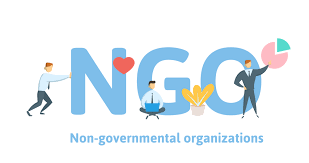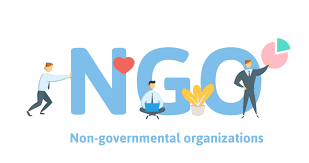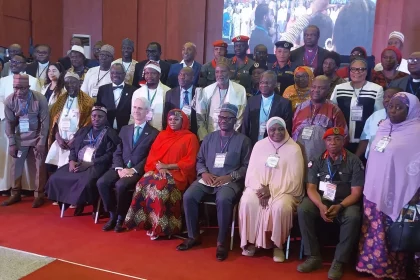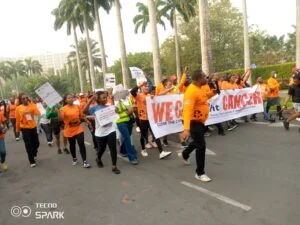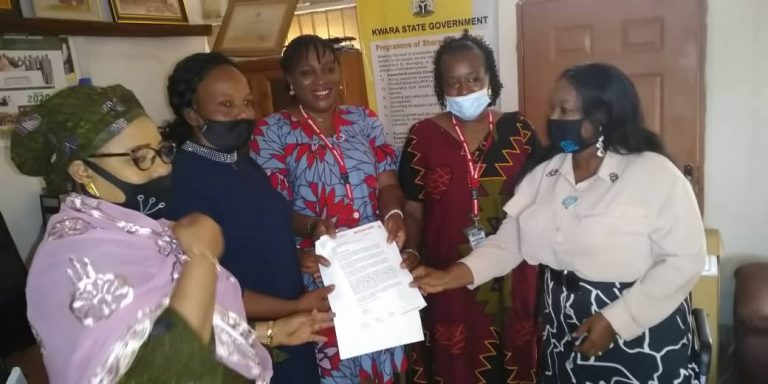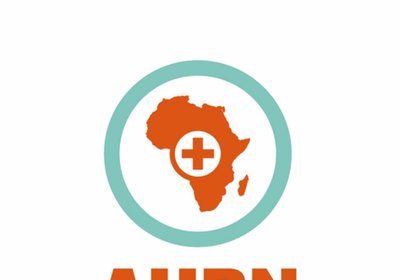NGO expresses outrage over mass kidnapping in Northeast Nigeria
NGO expresses outrage over mass kidnapping in Northeast Nigeria
NGO organises quiz competition, promotes civic education
NGO organises quiz competition, promotes civic education
NGO appeals to Tinubu on appointment of PWDs
NGO appeals to Tinubu on appointment of PWDs
NGO unveils toll-free line to track violations, religious based abuses across Nigeria
NGO unveils toll-free line to track violations, religious based abuses across Nigeria
NGO calls for reactivation of Cancer Treatment Centres nationwide
NGO calls for reactivation of Cancer Treatment Centres nationwide
Court adjourn N4bn suit against First Bank Plc till Feb.29
Court adjourn N4bn suit against First Bank Plc till Feb.29
SGBV: Child rights advocate represents Nigeria in U.S, says global best practices crucial
SGBV: Child rights advocate represents Nigeria in U.S, says global best practices…
NGO tasks trade unions on promoting gender equality
A non-profit German Foundation, Friedrich Ebert Stiftung (FES) says trade unions cannot…
NGO empowers 880 women with various skills in Plateau
NGO empowers 880 women with various skills in Plateau
Health Security: NGO, 2 consortium partners get $25, 000 AHBN grant
Health Security: NGO, 2 consortium partners get $25, 000 AHBN grant


